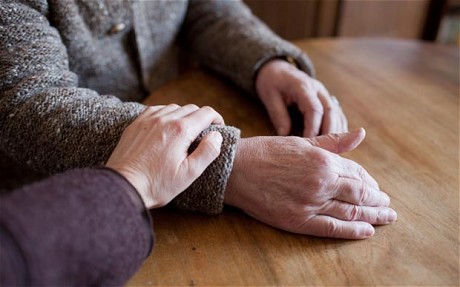California defines undue influence in the Civil Code. Specifically, Civil Code Section 1575 states:
“Undue influence consists:
1. In the use, by one in whom a confidence is reposed by another, or who holds a real or apparent authority over him, of such confidence or authority for the purpose of obtaining an unfair advantage over him;
2. In taking an unfair advantage of another’s weakness of mind; or,
3. In taking a grossly oppressive and unfair advantage of another’s necessities or distress. [Enacted 1872]”
Undue influence will be presumed, in California, in many cases where a family member initiates estate planning for an elderly relative; this is even more the case if the if the new plan is unfair to the elderly relative or benefits the one family member exercising undue influence to the detriment of other family members who would otherwise be expected to share in the elderly relative’s estate.
Proof of undue influence is made by the introduction, at trial, of circumstantial evidence; the trier of fact must decide based on the inferences shown by the evidence. This is because it is a rare case to have direct testimony of the undue influence.
An inference of undue influence may exist if it is proven that the dispositions of the elderly relative in the will are at odds with the elderly relative’s stated intentions. It can also be inferred if there is a close relationship between the bad actor and the elderly relative, and it can be shown that the bad actor took an active role in obtaining the will or trust that is being contested.
In one case the California Supreme Court decided to deny probate to a will where it was shown that the deceased elder had a weakened mental and physical state when the contested will was signed, the bad actor had opportunity and actively procured the contested will and made misrepresentations to the deceased elder concerning other relatives (the bad actor’s siblings). Estate of Garibaldi (1961) 57 C2d 108

